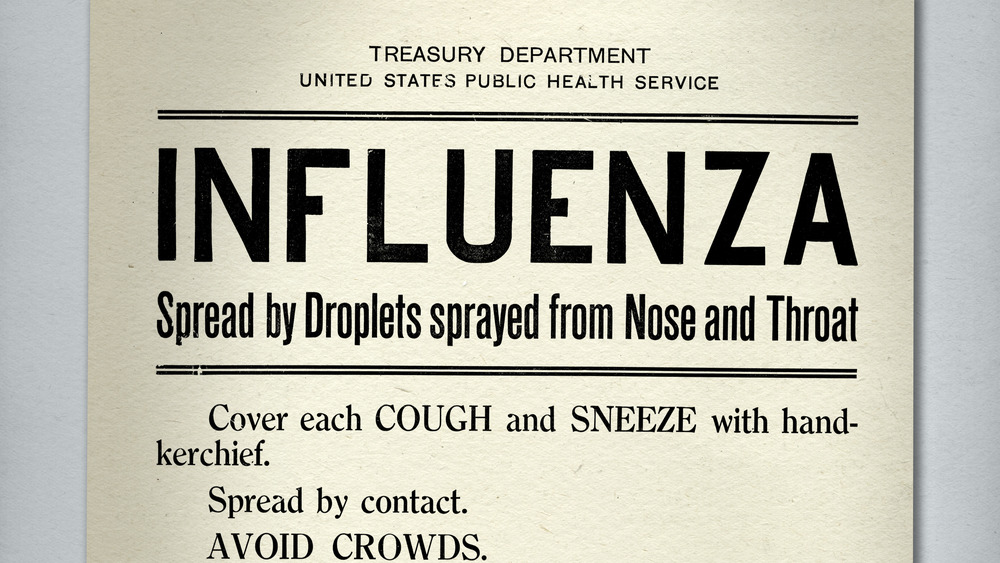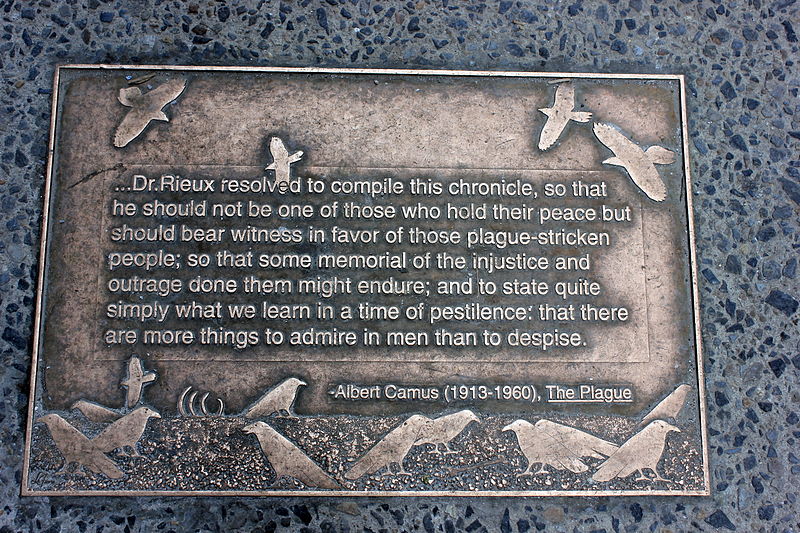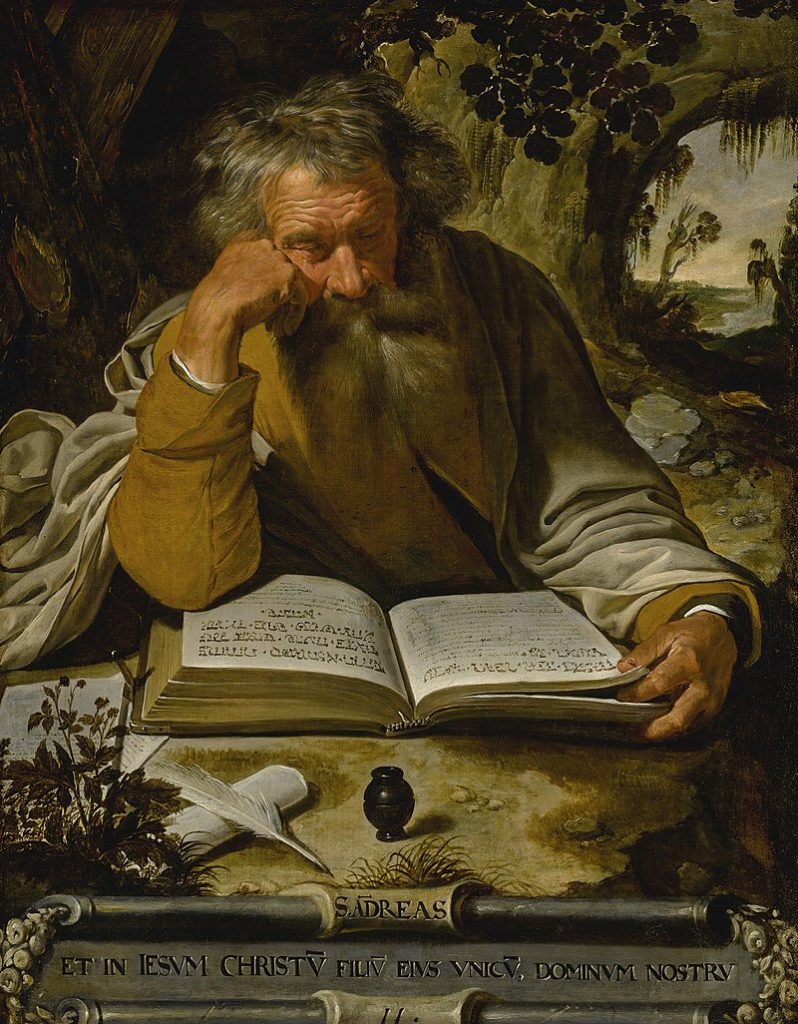
* * * *
It’s Christmas Eve Day, 2020. Which leads to the question: “Is our Christmas Day in this crazy, pandemic-plagued year of 2020 truly one ‘like no other?'”
The answer? “Actually, no.” There was for example Christmas in 1918…
Which led me to this article, Was Christmas celebrated during the 1918 Spanish Flu?

For some background, the 1918 Spanish flu pandemic started in February that year and lasted until April, 1920. (So, roughly two years and two months?) And in another “deja vu all over again,” the culprit was the H1N1 flu virus. (It also caused the 2009 swine flu pandemic.)
But back to 1918, when there was a little thing called World War I going on. The first recorded such “flu” case in the United States was said to come on March 4, 1918. “Albert Gitchell, an army cook” at Camp Funston in Kansas. (Although there were probably some cases before him.) First seen in Haskell County, Kansas, in January 1918, a local doctor warned the US Public Health Service, to no avail. Within days, 522 men at Camp Funston had reported sick, and by March 11, 1918, the virus had reached Queens, New York. And in a sign of things to be repeated:
Failure to take preventive measures in March/April was later criticized.
But wait, there’s more! Because the war was raging, censors minimized early reports. That is, they did so in the major countries involved in the war, but not in neutral Spain. There, reports of the disease weren’t censored, which is why the epidemic got the name “Spanish flu.”
From Camp Funston the disease spread through the American Expeditionary Forces, who brought it to Europe and the Western Front by mid-April, 1918. It then spread from France to Great Britain, Italy, Spain and beyond. After the March Treaty of Brest-Litovsk – between Germany and Russia – “Germany started releasing Russian prisoners of war, who then brought the disease to their country.” From there it spread to the rest of the world in four “waves,” with a much-deadlier second wave in late 1918. (With a third wave in 1919 and a fourth in 1920.)
Later that year – on November 11, 1918 – the war ended, and people were so happy they “couldn’t be stopped from gathering to celebrate.” Then too the number of Spanish Flu cases went down toward the end of 1918, so restrictions were eased and many churches “swelled with the joyous music of the [Christmas] season once again.” But as one site noted, “History suggests that celebrating holidays during a pandemic by gathering in large groups, as one might during normal times, could have harmful and long-lasting effects.”
Which may explain the second, third and fourth “waves.” On the other hand, back then “they” had some advantages, as noted in A Look Back at Christmas During the Spanish Flu Pandemic. For one thing, Americans in 1918 were “much more familiar with epidemic disease:”
… epidemic disease was very familiar to the early 20th century public. Families, many of which had lost a child to diphtheria or watched a loved one suffer from polio, were generally willing to comply with some limitations on their activities. Most public health departments wore badges and had police powers, and this was generally uncontroversial. “They could forcibly quarantine you or put you on a quarantine station on an island.”

So much for the “advantage” being familiar with deadly epidemic diseases. But at least they were “willing to comply with some limitations on their activities.” And another point to remember is that – be all that as it may – the United States and the world survived. So much so that if it hadn’t been for this year’s COVID-19 pandemic – illustrated at right – few people today would have any reason to recall the 1918 Spanish flu pandemic.
Which brings up a link from my last post, December 2020 – and “Bad things to good people?” The gist of that link – Bad Things to Good People? | Psychology Today – was its “scientific” answer: That “the universe has no inherent purpose or design.”
However, the pointy-headed scientist-slash-probably-an-atheist-as-well who came up with that conclusion did offer up some good advice. (“Bless his heart,” as we say in Georgia):
There is much we can do to alleviate each other’s suffering when adversity strikes. Our support and empathy toward our fellow human beings in their time of need helps them not only materially but demonstrates to them that they matter… When we act kindly, it also gives meaning to our own life, as we see that we matter to others.
All of which is pretty much what Christians are supposed to do anyway. (Show empathy, try to alleviate the suffering of others.) And which was pretty much the point of Another view of Jesus feeding the 5,000. That rather than waiting on God to perform some miracle, we should get to work on the problem ourselves. Which brings up the “Christmas spirit.”
I Googled “what is the Christmas spirit” and got 4,180,000 results. Here’s one answer I liked, from What is Christmas Spirit? – Scientific American Blog Network:
The code of generosity, kindness, and charity toward others is enforced by no one other than ourselves. There are places where this code is strong, and these places (or people) are said to have strong Christmas spirit… After all, we are the sum of the individuals around us who generate the collective force that governs and organizes our social structure… When we “act out” Christmas spirit, we’re making visible this collective force, and we give it power.
Then there’s Christmas Spirit – Its Real Meaning | 7th Sense, which defined that spirit in three simple actions: Giving, Appreciating, and Doing service. Which is pretty much the same advice “pointy-headed scientist-slash-probably-an-atheist-as-well” offered a few paragraphs back…
And which is pretty much the conclusion I came to back on April 25, when I posted On St. Mark, 2020 – and today’s “plague.” Aside from the then-new COVID pandemic, it spoke of Mark’s “shorter” and more abrupt ending. (The one where, “Trembling and bewildered, the women went out and fled from the tomb.” I.e., without the account of His resurrection.) I said maybe the point of “both today’s Covid-19 ‘persecution’ and Jesus’ seemingly unexplained death – with ‘Mark’ ending at Mark 16:8 – have the capacity to be mysteries.”
Such “mysteries” – and even pandemics – seem to be a part of life. But from them we can learn valuable lessons, like how to develop and grow stronger, spiritually and otherwise. Which means the “answer” to such mysteries largely depends on us. “What will we do with this unexpected calamity? Will we go forward and grow stronger, or turn back the clock and start turning on each other?” In turn, “our” Covid-19 can remind us of our “fragility as human beings,” as noted in a quote from The Plague by Camus, in Part 1, early in the book:
Everybody knows that pestilences have a way of recurring in the world; yet somehow we find it hard to believe in ones that crash down on our heads from a blue sky. There have been as many plagues as wars in history; yet always plagues and wars take people equally by surprise.
Which certainly seems true of this latest 2020 pestilence. It certainly came as a surprise. Which brings up a book review from the Salt Lake Tribune on “The Plague,” with this relevant point:
Being alive always was and will always remain an emergency; it is truly an inescapable “underlying condition…” This is what Camus meant when he talked about the “absurdity” of life. Recognizing this absurdity should lead us not to despair but to a tragicomic redemption, a softening of the heart, a turning away from judgment and moralizing to joy and gratitude.
One possible lesson? The current pestilence might lead to a massive change in our present national life, and especially our national political life. The present Coronavirus might lead to a general and sweeping American “softening of the heart.” So with all that in mind:
Merry Christmas, 2020, and may 2021 be a WHOLE lot better!
* * * *

* * * *
The upper image is courtesy of Wikipedia on the 1918 Spanish flu pandemic.
The “influenza” image was accompanied by a caption: “Rules to reduce the spread of Spanish flu posting by the US Public Health Service. Cough or sneeze into your mouth with a handkerchief, avoid crowded places, do not spit, do not share the use of cups and napkins…. Typographic poster; Unites States, Washington, DC 1918. (Photo by Fototeca Gilardi/Getty Images).”
The image “COVID-19 – illustrated at right” is captioned: “A testing team responds to a confirmed case in a nursing home in Charleston, West Virginia.”
The lower image is courtesy of The Plague – Wikipedia.






